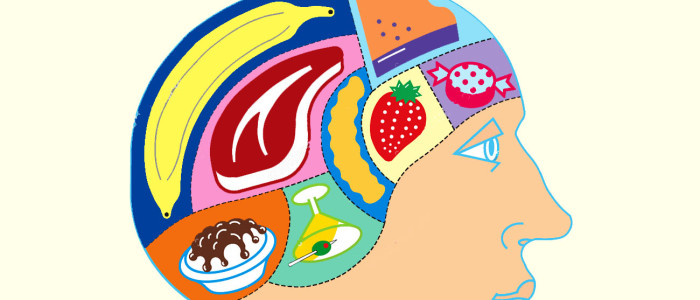The Truth About Binge Eating Disorder
The truth about binge eating disorders is it’s a relatively new term for an eating disorder that’s been around for a while. People with binge eating disorder or B.E.D, can be male or female, but it is more common among women. Binge eating disorder usually begins in the late teens or early 20s. It strikes across all ethnicities and socioeconomic backgrounds. Of all eating disorders, BED is the most common.
Binge eating disorder is a serious mental illness characterized by regular episodes of over eating, or binge eating. A person will not purge the food or use laxatives which distinguishes the disease from bulimia. Many people with binge eating disorder are overweight or obese, but someone who is overweight or obese doesn’t not necessarily have BED. People can be slim or normal weight and have BED, it just isn’t as common.
The truth about binge eating disorder:
- People with BED eat more food, on a regular basis, than those without the disorder. Imagine eating a Thanksgiving meal every week or more often, that’s what it’s like for someone with binge eating disorder.
- When eating, those with BED feel out of control.
- Those with BED will eat really fast and usually past the point of satiation.
- People with binge eating disorder feel guilt and shame for their behavior but are seemingly powerless to stop it.
- People with BED will often eat when they are not hungry.
- Those with binge eating disorder often eat alone because they are embarrassed about their behavior.
Researches believe that dopamine levels are a factor in developing eating disorders. Something – food, taste, feelings of being full, control – triggers dopamine. The good feelings associated with the hormone are associated with the bad behavior and a pattern develops – in essence, an addiction to eating large amounts of food. Like all eating disorders risk factors include a family history of the disease (or other eating disorder), psychological issues that have not been addressed, dieting introduced at a young age.
The long term effects of BED include many health risks commonly associated with obesity including high cholesterol, diabetes, high blood pressure, heart disease and sleep apnea.
Like other eating disorders, there is hope. Treatment for binge eating disorder is available, recovery is possible with appropriate treatment from a therapist specializing in eating disorders.
Want to learn more? Check out BingeEatingDisorder.com. If you or someone you know needs treatment for binge eating disorder or other eating disorders please call the eating disorder hotline at NEDA at 1-800-931-2237. For information about treatment for BED in the Chicago metro area please contact Locus Therapy at 312-818-4998.


Comments are closed.